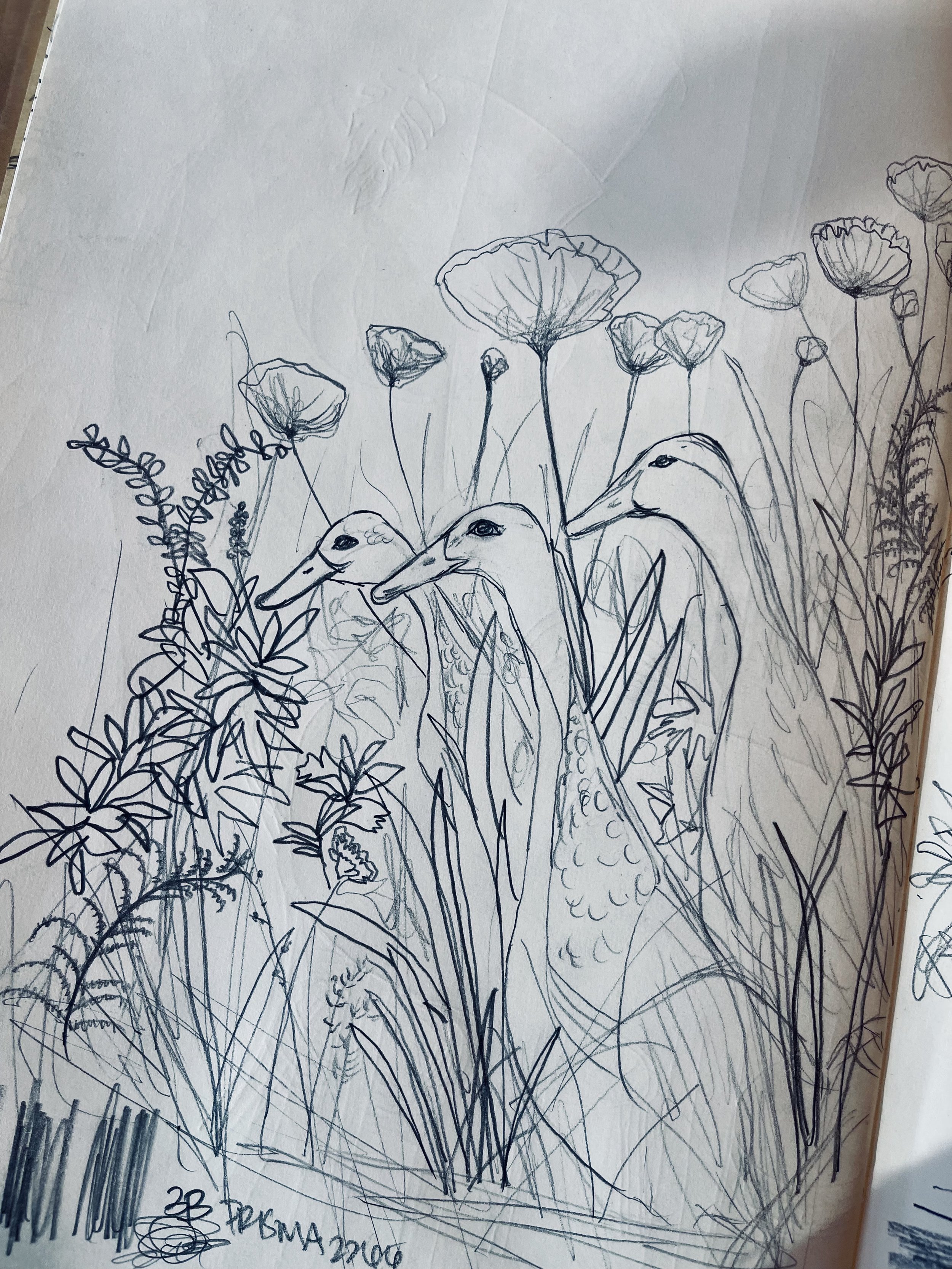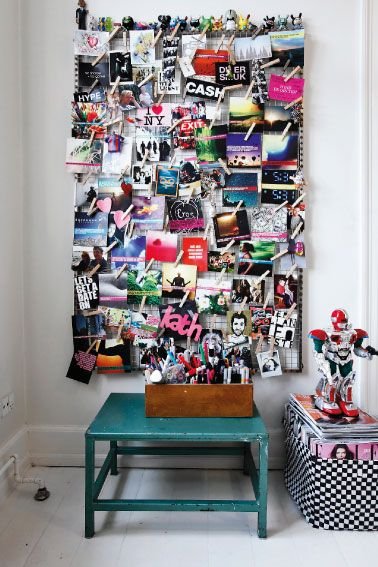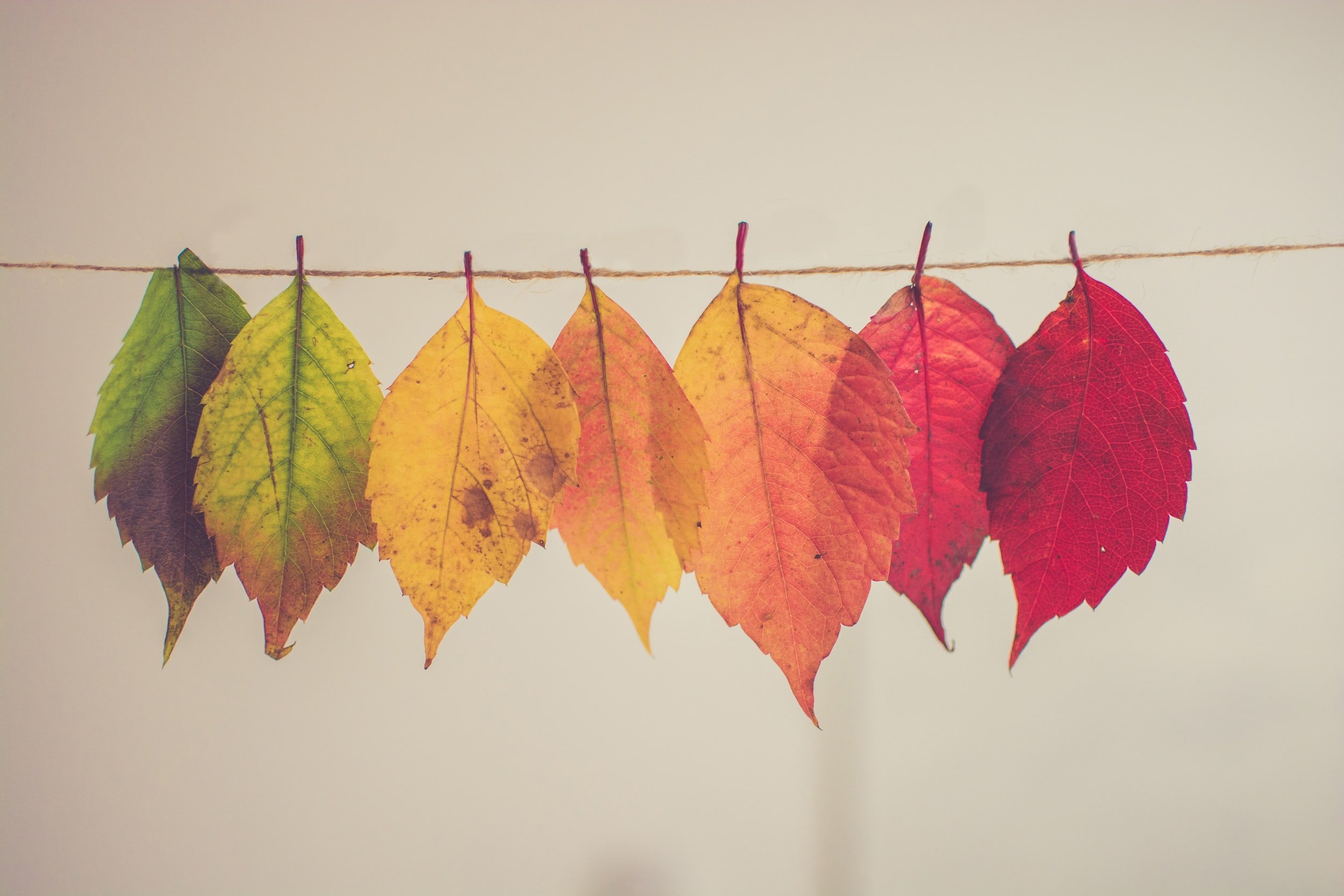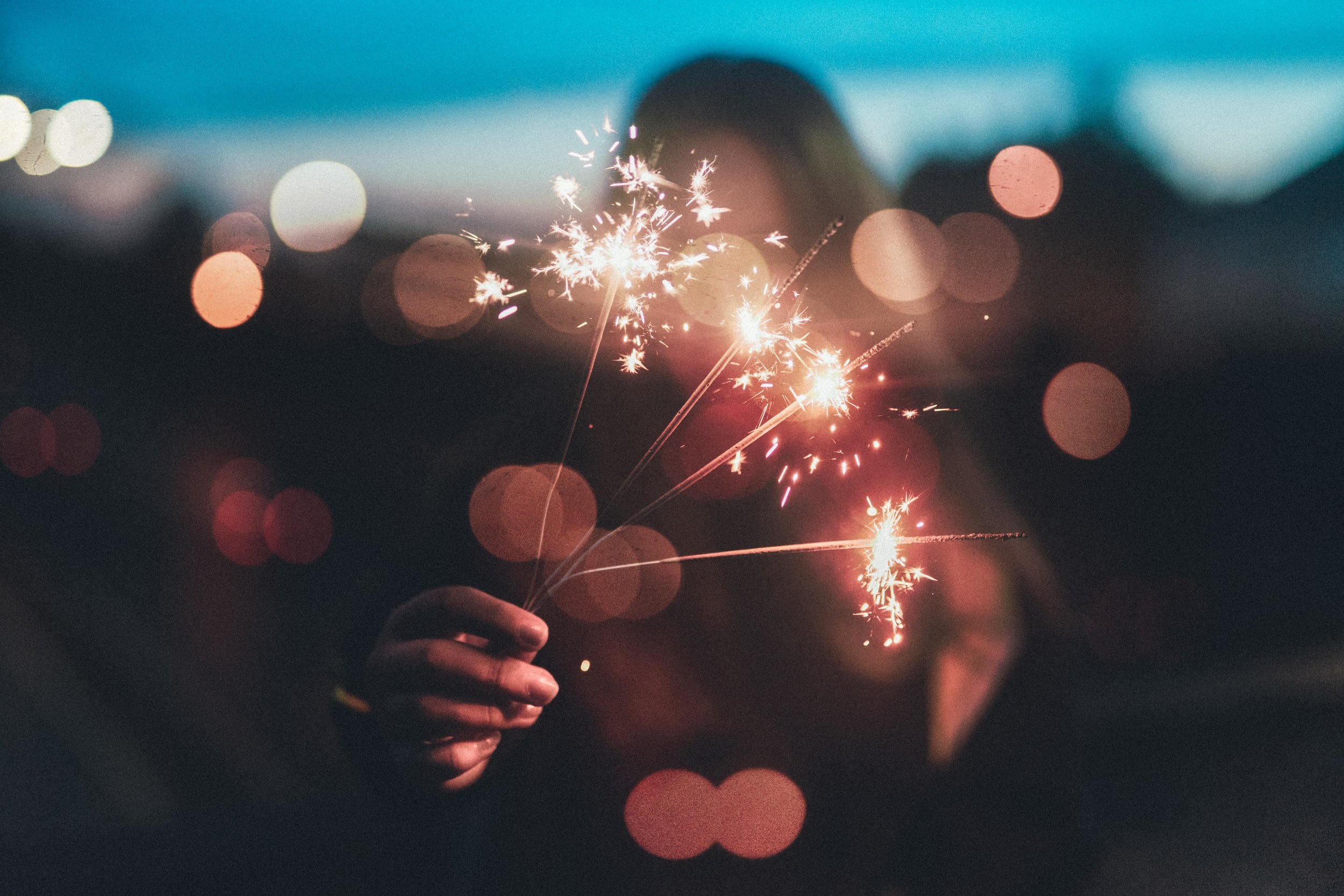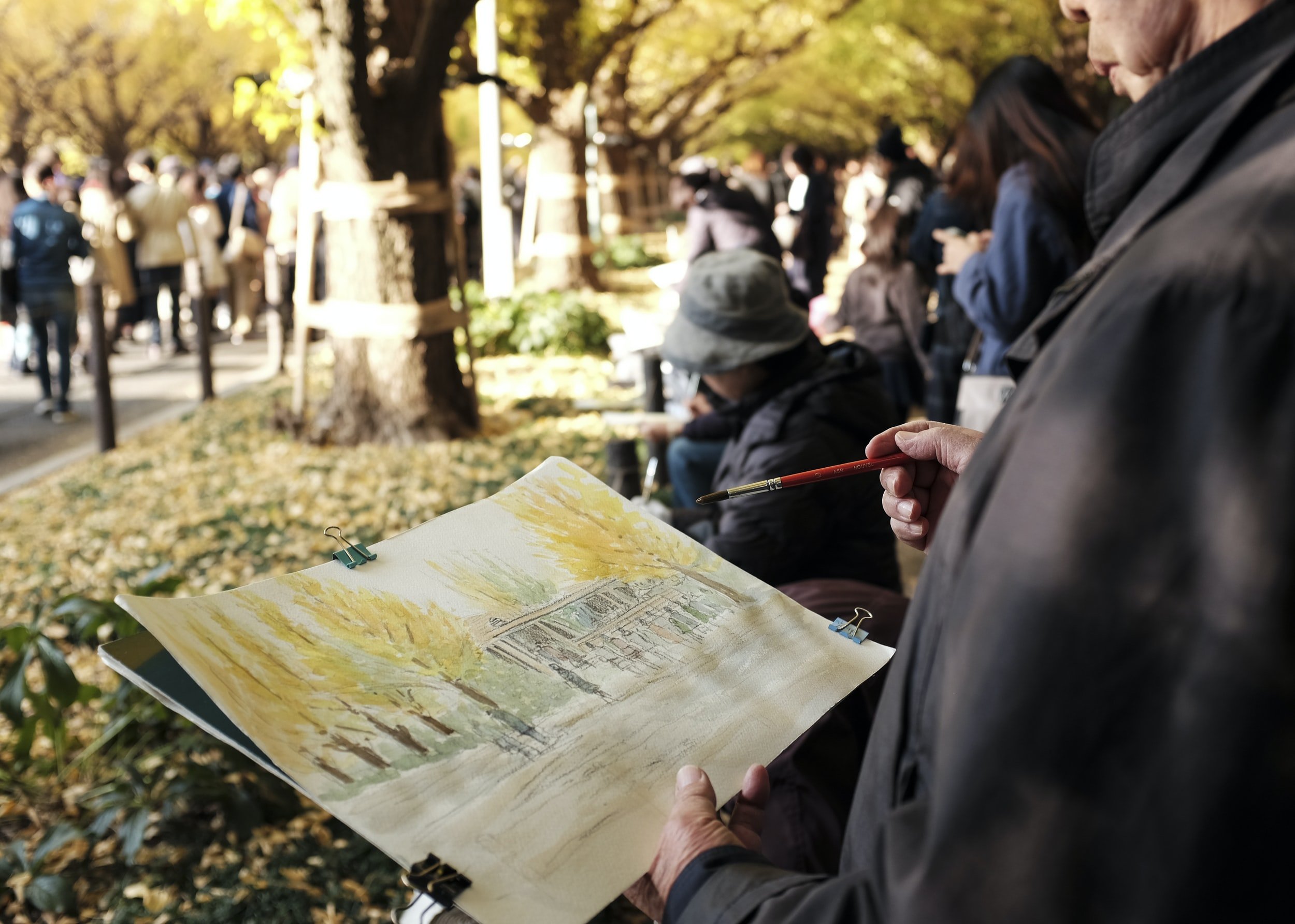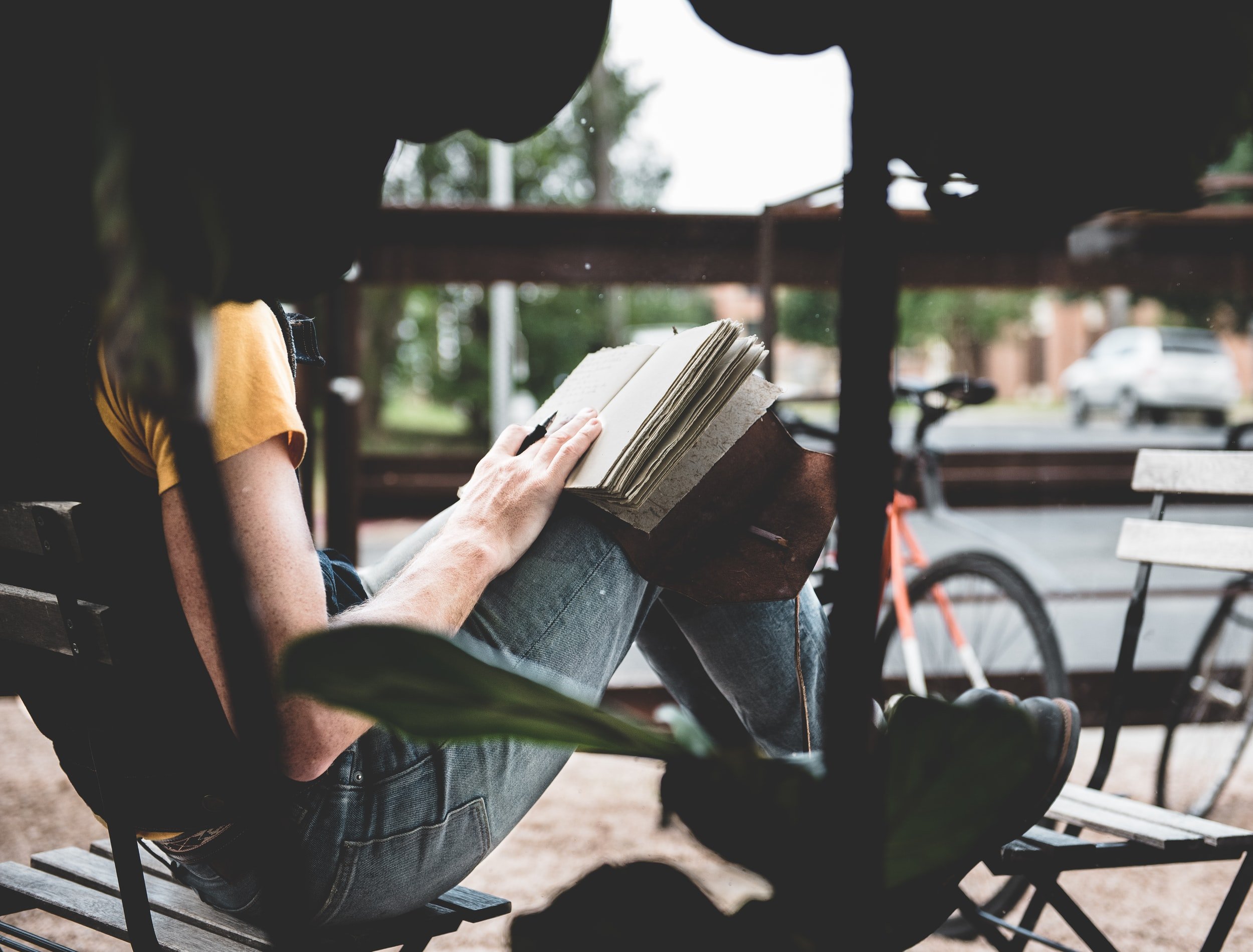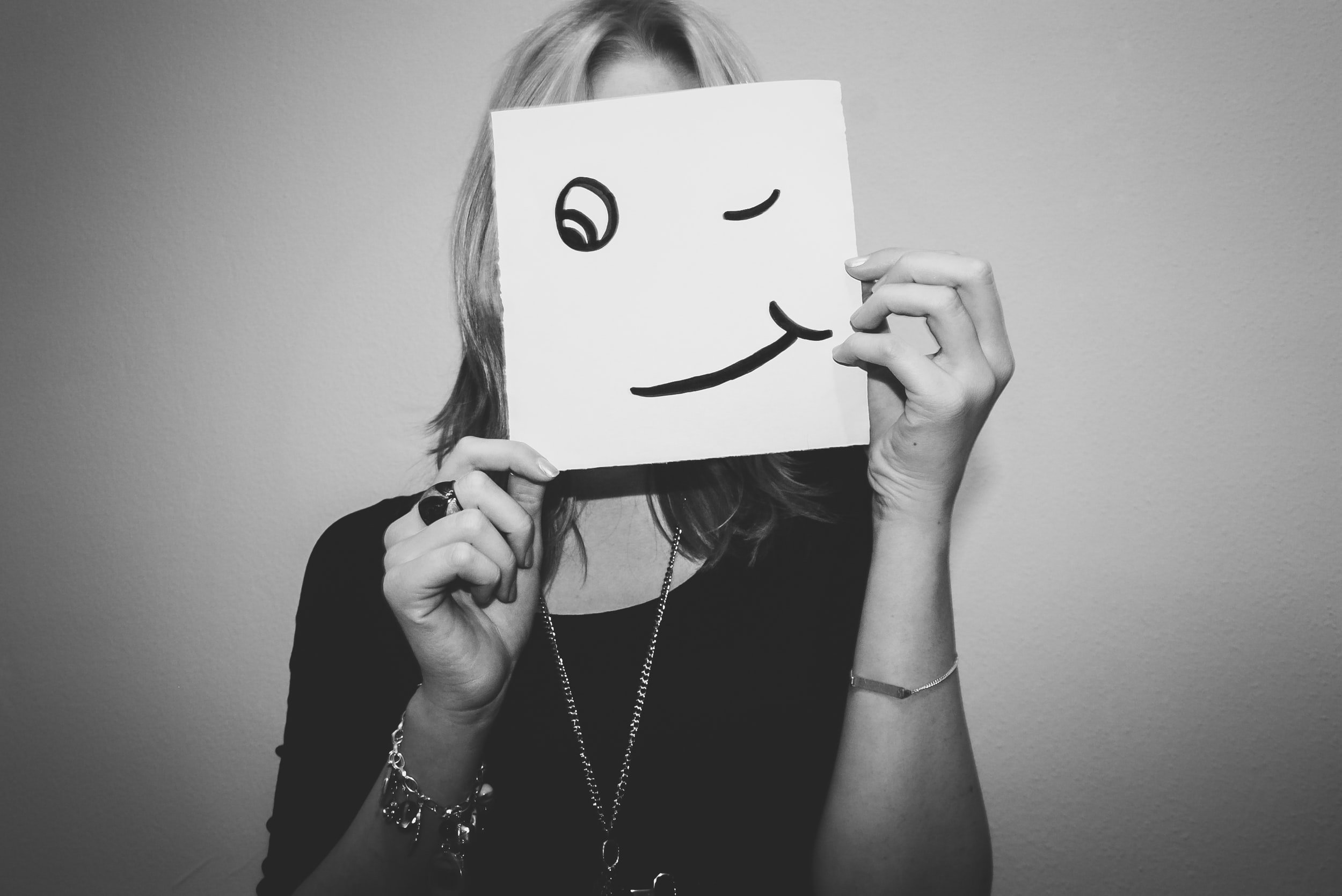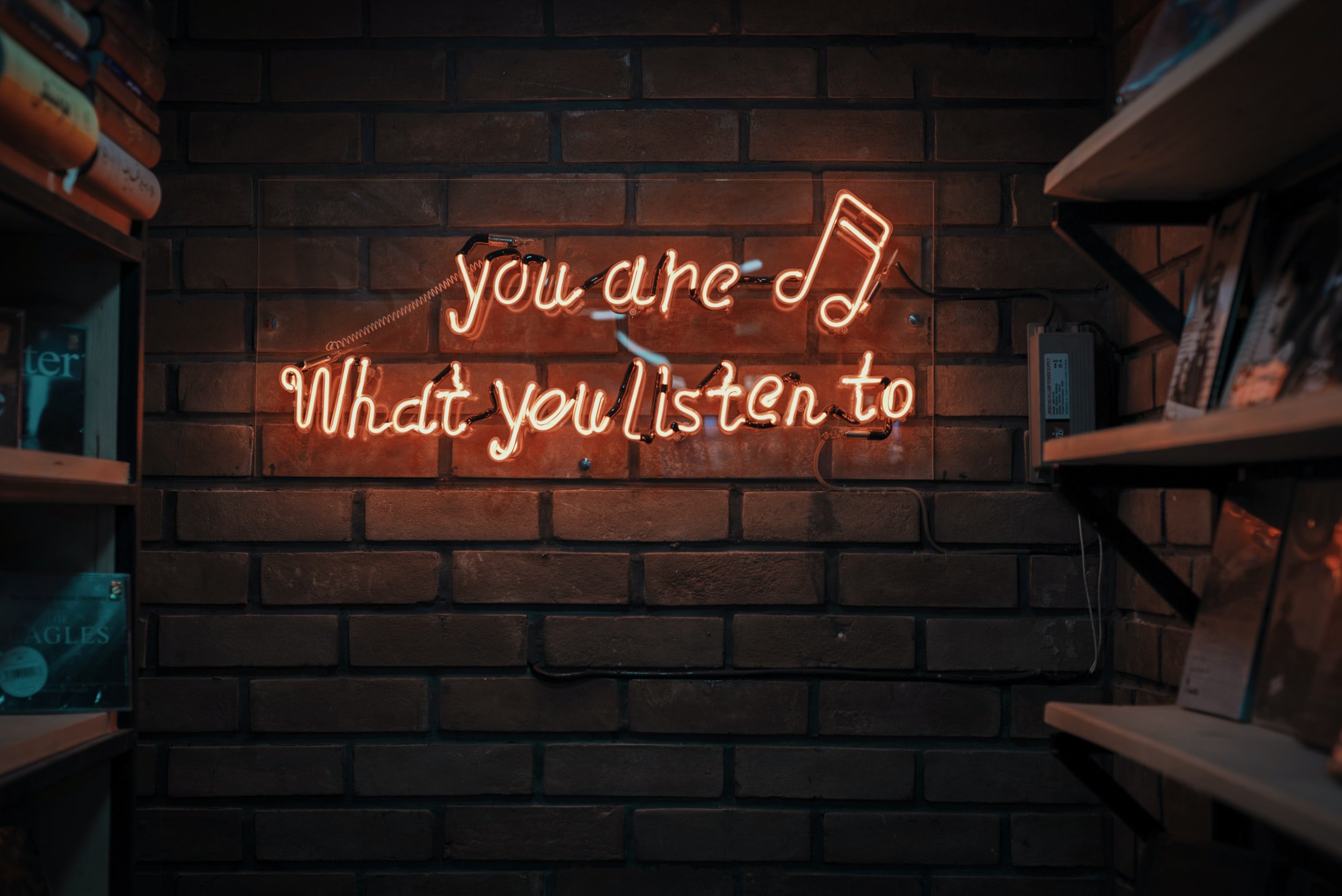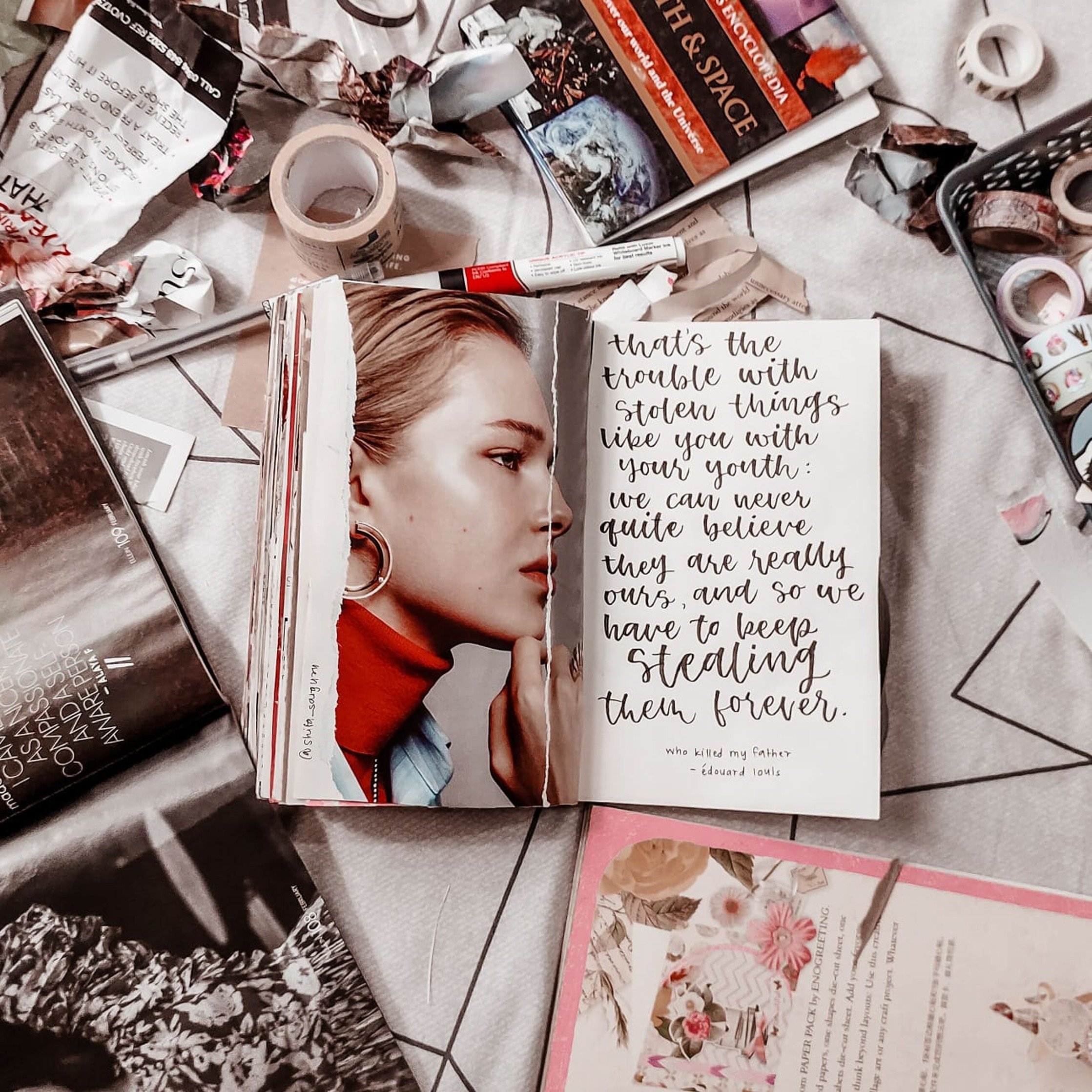
THE ART JOURNAL
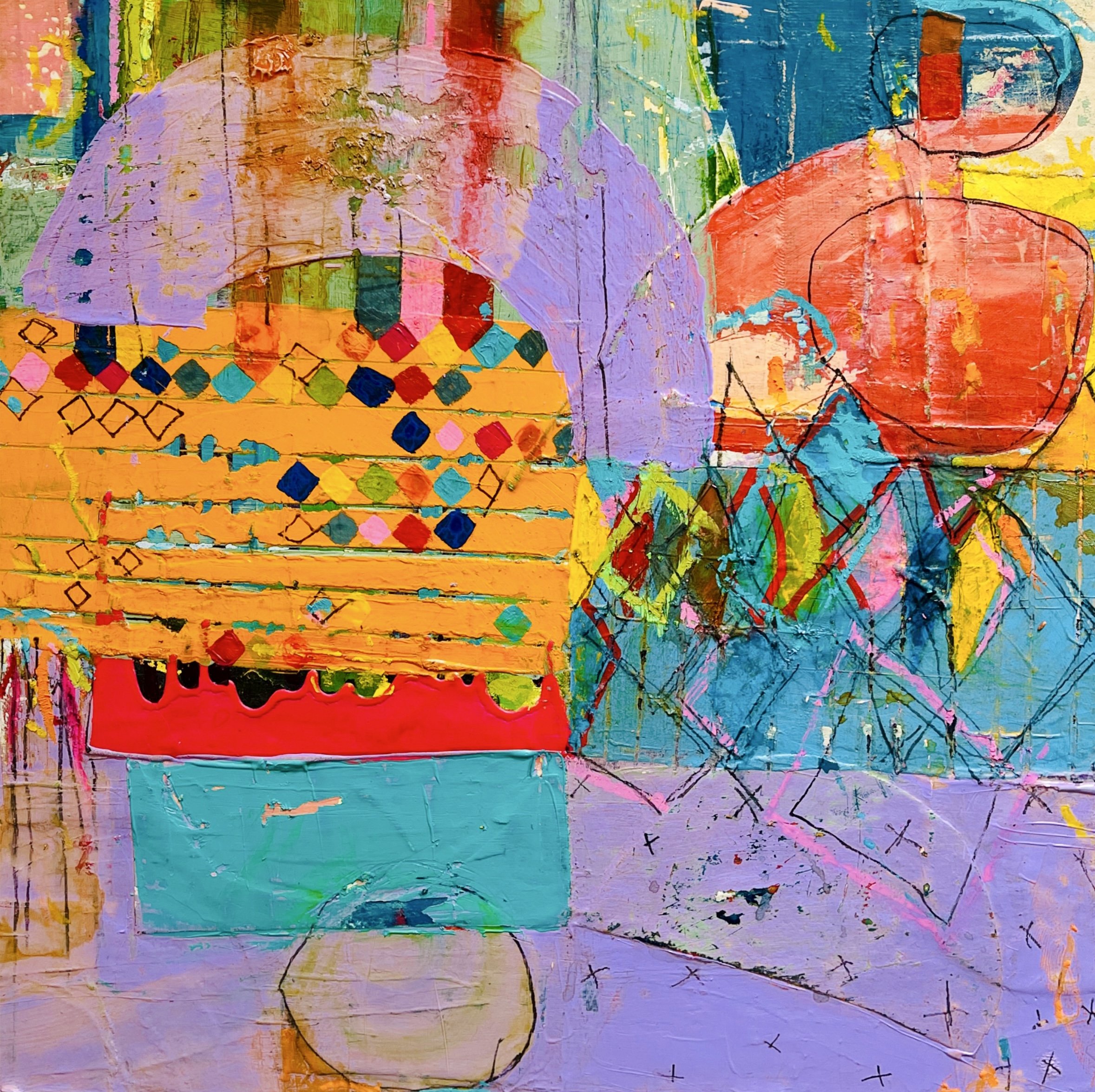
Learning From My Sketchbooks
Lately, I’ve begun to view my sketchbook not just as a collection of drawings but as a rich tapestry of notes—an ongoing conversation with my own creativity. Each page is a canvas for exploration, a space where my hand can roam freely, unencumbered by the pressure of producing a “finished” piece. I find myself studying my marks with a newfound curiosity, examining how the subtleties of time and technique affect the lines I create.
Crafting Cohesion: How to Create and Utilize A Mood Board
Creating a mood board is a transformative and foundational step in capturing and communicating the emotional and aesthetic resonance of a project. By embracing a dynamic and exploratory approach, curating a cohesive visual narrative, and fostering a spirit of thematic depth and resonance, you craft a visual tool that captures the aspirational essence of your creative inspiration and vision.
The Power of Destruction
The concept of destruction as a means of creating is a compelling and complex theme that challenges traditional perspectives on the artistic process. It prompts us to reconsider the transformative power of destruction and how it can shape the creative journey. By exploring this thought-provoking concept, we uncover a deeper understanding of the artistic realm's intricate relationship between creation and destruction.
Evolving Artistry: 3 Indicators Your Style Is Changing as an Artist
As an artist, the creative journey is marked by continuous growth, transformation, and evolution. Your artistic style is a dynamic and ever-changing reflection of your experiences, influences, and creative exploration. Let’s talk about the three clear indicators that signal your artistic style is undergoing a metamorphosis. Don’t worry, this doesn’t have to be a Kafkaesque shock to the system, and it won’t be an overnight thing, but these changes will prompt you to embrace and celebrate the ever-changing dynamic of the creative evolution.
10 Easy Ways to Spark Your Creativity Now
Have your creative ideas stopped coming as frequently? Unfortunately, it happens to the best of us. Here are ten ways to get out of a creative rut:
How do you know when to stop? The essential elements of a finished piece.
One of the most common questions I get asked in classes or open studio tours is, how do you know when a painting is complete? I usually explain that knowing when a painting is done is an individual process, but knowing when to stop is more challenging when you are a beginner. But that's just part of art-making.
20 journaling prompts to spark Your creative Exploration
By now, most artists are aware of the lasting benefit of incorporating journaling into our everyday mindset practices. But, there are also many valuable benefits to incorporating journaling into the development of your creative process. Trust me; I know how this sounds. Another artist is talking about journaling...barf. But there is a good reason why so many artists have embraced writing as part of their process.
STOP WONDERING HOW TO FIND YOUR STYLE, DO THIS INSTEAD
There are so many ways the art & design industries focus on having a distinct style, and it's such a false expectation for artists' to focus their attention. Unfortunately, many artists can get lost in this land of "standing out" or "being different" in the wrong ways, and the obsession with finding your style will close you off to exploring beyond your skillset.
5 Keys to Creating with an Abundant Mindset
Let’s start with what having an abundance mindset is not. An abundance mindset is not simply the act of “putting out positivity into the universe and waiting.” There’s a lot more involved in creating an abundant mindset than that, and no one ever got anywhere just by sitting and waiting; you’ve gotta move, right?
why you should be using an artist inspiration journal
Artists have kept some form of a journal for as long as they have been creating art. Journals help artists sort through all their ideas and get specific about the subjects, styles, techniques, etc., that they are interested in developing or simply for visual inspiration. I want to share one of my best-kept secrets for helping develop my artistic voice, an artist inspiration journal.






